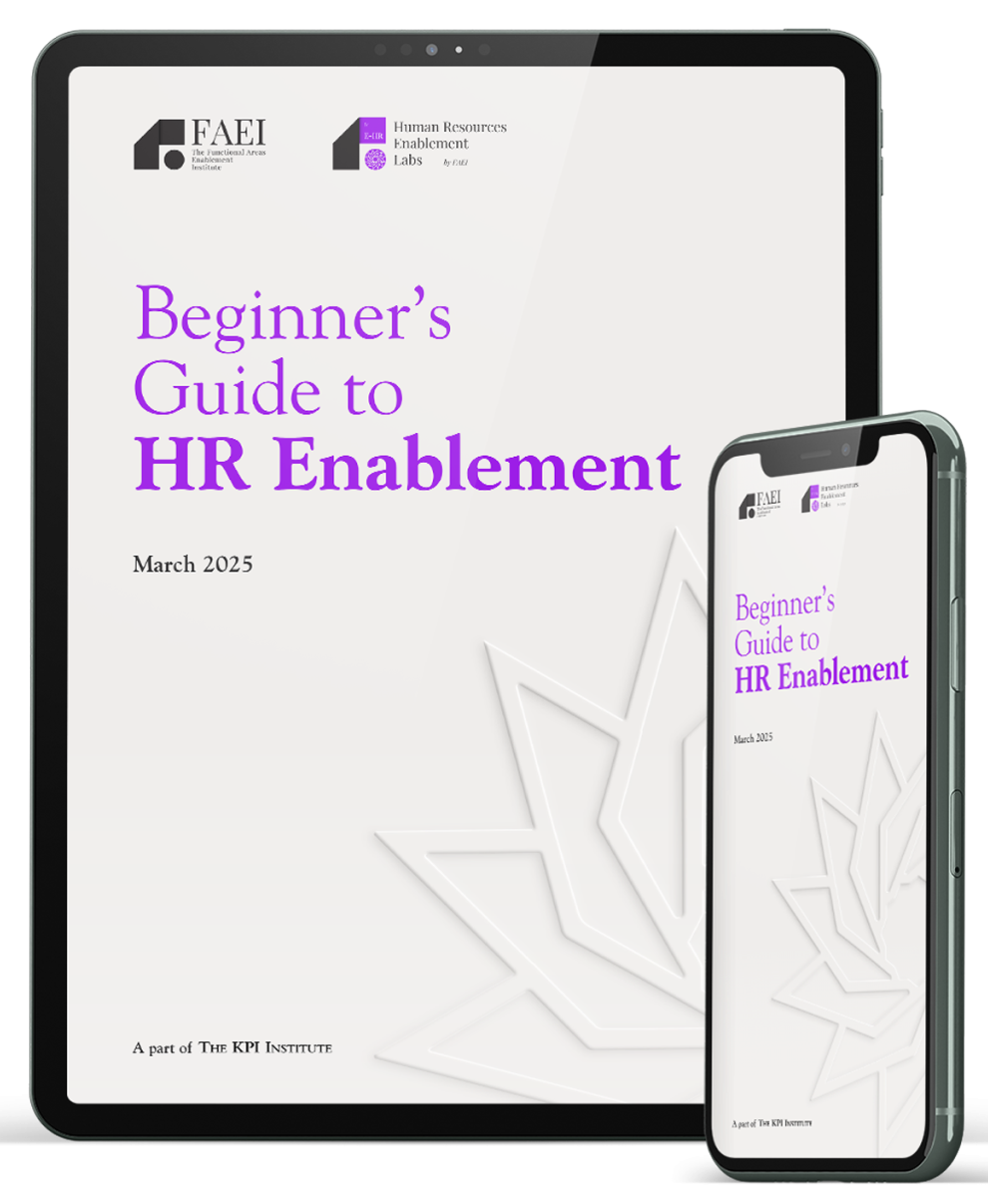Human Resources Enablement is a strategic approach that equips HR teams with the necessary tools, knowledge, and resources to optimize their performance. It ensures HR professionals can operate effectively in areas such as workforce management, talent development, and employee engagement. By fostering an environment where HR teams thrive, organizations drive productivity, enhance employee experiences, and align their workforce with business goals.
Continue reading to discover more about HR Enablement and how it supports sustainable organizational growth.
What is HR Enablement?
HR Enablement is the process of empowering HR teams through advanced practices, streamlined workflows, and targeted training. It allows HR professionals to fulfill their roles more efficiently by improving workforce management, enhancing talent development, and fostering employee engagement. At its core, HR Enablement aligns HR operations with broader organizational goals to improve workplace culture, performance, and growth.
Why is HR Enablement Important?
HR Enablement is critical for maximizing the effectiveness of HR functions. In modern organizations, HR is not just about administrative processes; it is central to cultivating a productive workforce, attracting top talent, and creating strategies that drive long-term growth. By providing HR teams with tools and processes that enhance their capabilities, organizations improve employee engagement and satisfaction, streamline talent acquisition and retention, foster a positive workplace culture, and ultimately increase productivity and business performance. Empowered HR teams are better equipped to align workforce initiatives with company objectives, creating a sustainable foundation for growth.
HR Enablement within the HR Lab Domains
HR Enablement is deeply integrated in the six key domains of the HR Lab framework. Each domain focuses on specific processes that ensure HR delivers maximum value to the organization.
Workforce Management
Workforce management focuses on allocating people and resources effectively to ensure operational efficiency. It includes scheduling, attendance tracking, compliance with workplace laws, and managing risks. The goal is to place the right people in the right roles at the right time. This domain integrates HR administration, people analytics, change management, and compliance processes to optimize productivity.
Talent Management
Talent management is about recruiting, developing, and retaining high-performing employees. It aims to close skills gaps, nurture talent, and align individual goals with the organization’s objectives. HR professionals focus on attracting top talent, managing career development and succession planning, and overseeing exit processes to maintain a dynamic, skilled workforce.
Learning and Development
Learning and development emphasize continuous professional growth by enhancing employees’ skills and preparing them for future challenges. This domain focuses on professional development programs and leadership training to build competencies that align with organizational objectives. By fostering learning and growth, organizations ensure their workforce remains adaptable and competitive.
Performance Management
Performance management aligns employee efforts with organizational goals through regular feedback, clear expectations, and continuous improvement. It involves appraisals to measure progress and performance improvement plans to address gaps. This process ensures accountability and drives both individual and business success.
Compensation and Benefits
Compensation and benefits is about rewarding employees through monetary and non-monetary incentives. A well-structured compensation plan, combined with benefits such as healthcare or flexible work arrangements, attracts and retains talent. HR professionals ensure these offerings are competitive, fair, and aligned with organizational goals.
Employee Relations
Employee relations focus on fostering positive interactions between employees and management. It encompasses building a strong workplace culture, managing disputes, and improving employee engagement and experience. Effective employee relations create a respectful and open environment that boosts retention, satisfaction, and productivity.
Conclusion
HR Enablement empowers HR teams to deliver strategic value by optimizing processes, enhancing talent, and fostering a thriving workplace culture. By integrating HR Enablement into key domains such as workforce management, talent development, and employee relations, organizations can unlock the full potential of their HR functions and drive long-term success.









